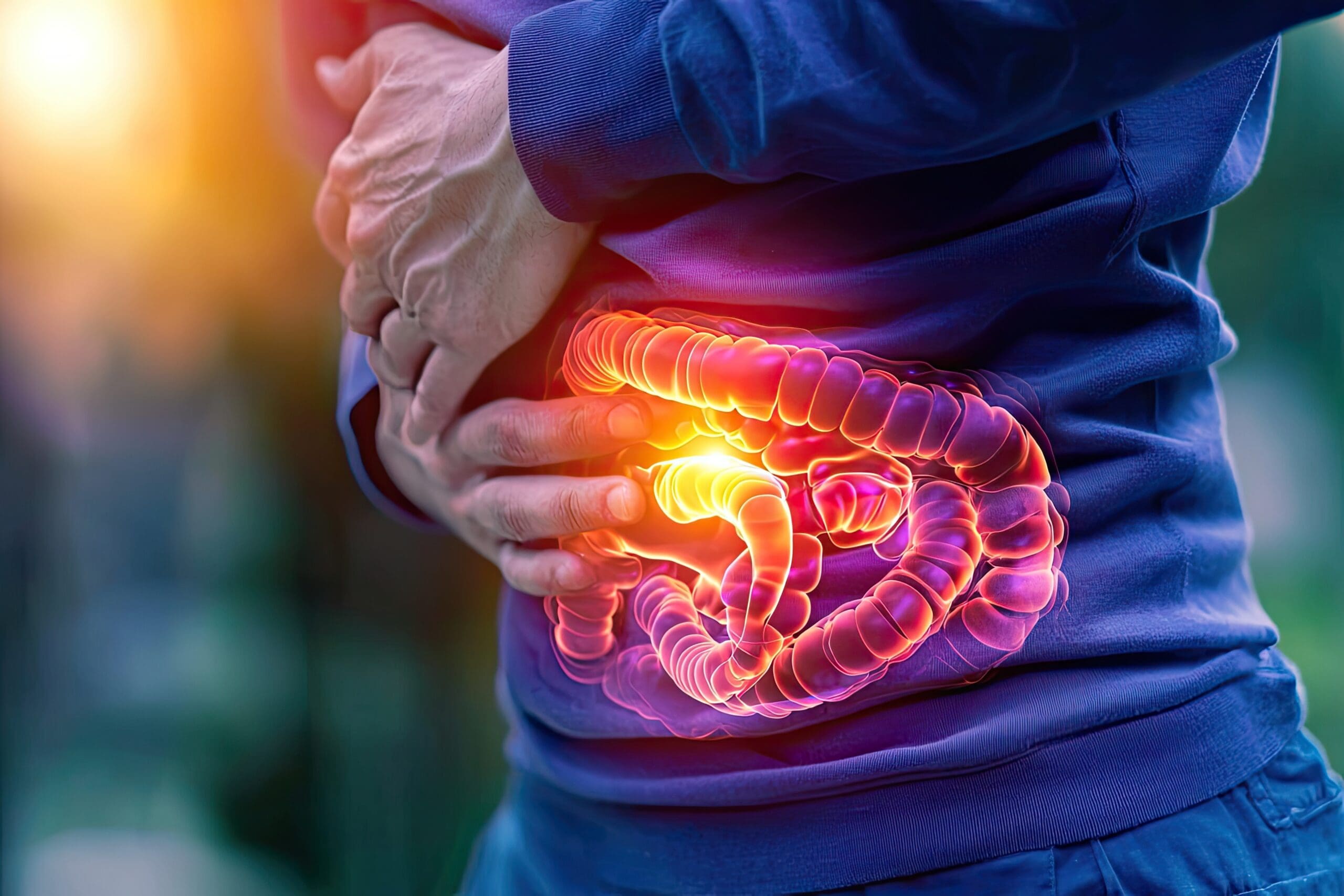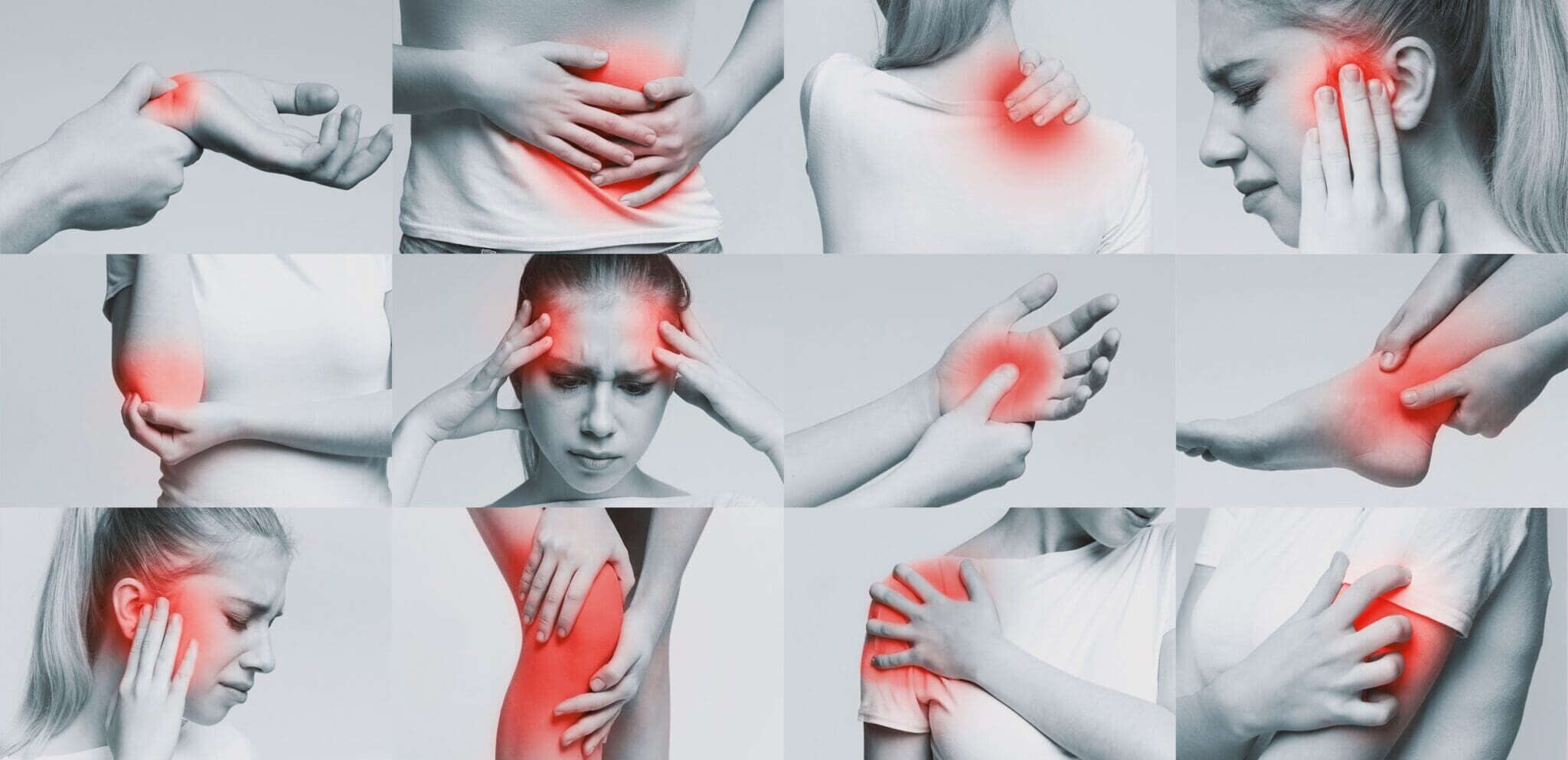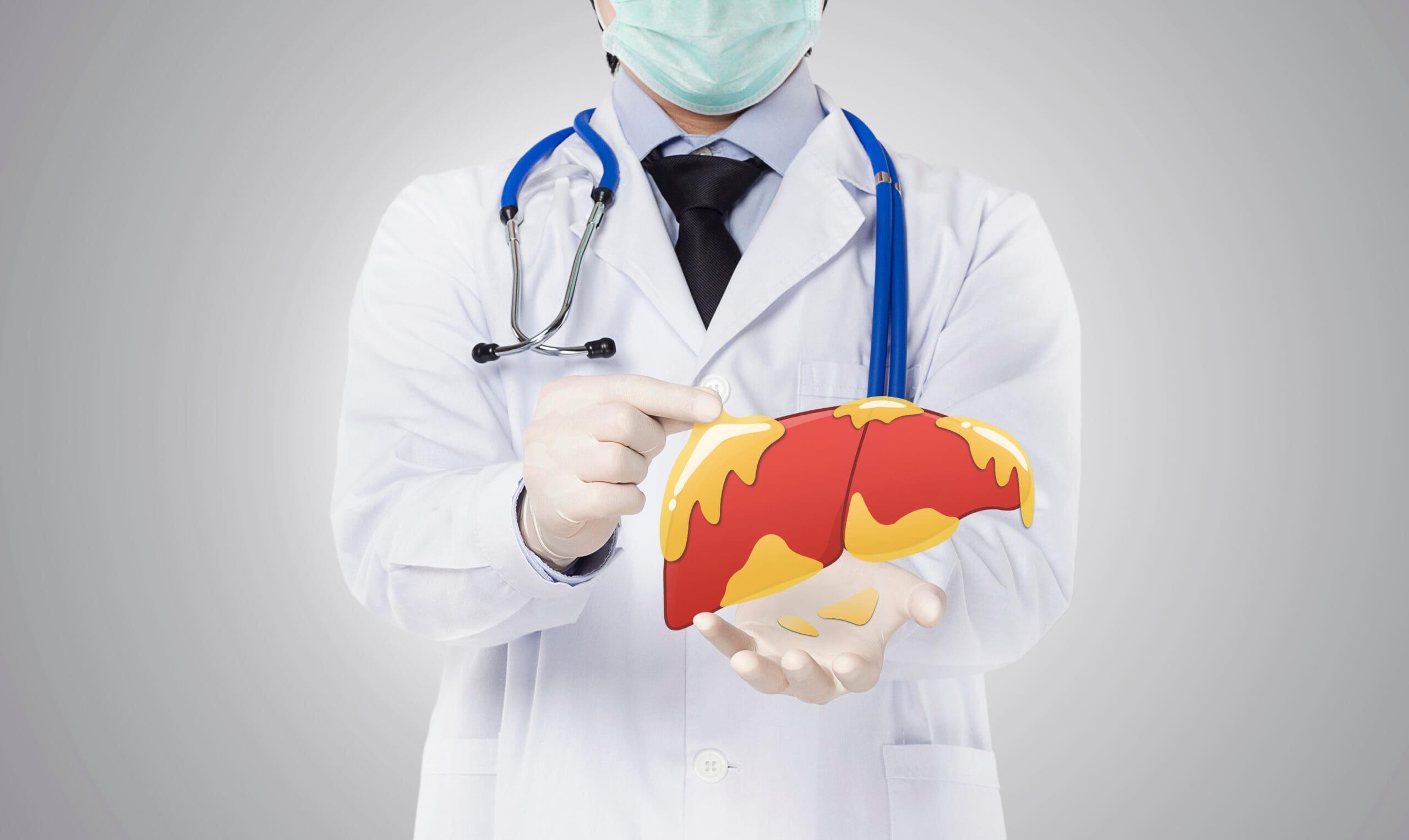These foods can cause a flare up of Crohn’s disease
By naturopath Margaret Jasinska
Crohn’s disease and ulcerative colitis are the most common types of inflammatory bowel disease. They are autoimmune conditions. An individual’s diet has a huge impact on these conditions. A recent study has found which specific foods are most likely to cause a flare up of Crohn’s disease.
Crohn’s disease patients who are in remission are likely to have a relapse if they consume ultra processed foods. To quote the study published in Medscape Medical News, “specifically bread, pastries, and starch as well as oil and spreads, exhibited the strongest association with relapse risks of approximately threefold”.
A previous meta-analysis of prospective cohort studies showed that a diet high in ultra processed foods is associated with a 70 percent increased risk of Crohn’s disease, and a longitudinal study showed that “Western” style diets were associated with relapse risk in patients with inflammatory bowel disease.
Ultra processed food is the modern term for junk food. Processed food increases the risk of insulin resistance and autoimmunity. They have a destructive effect on the health of your digestive tract.
Processed food causes gut inflammation
That’s because it is almost always high in sugar, gluten, seed oils and artificial additives. These are known to inflame the intestinal lining, causing a leaky gut. The refined carbohydrates and emulsifiers in these foods feed the worst gut bugs. They increase the growth of Candida and other yeast, as well as bacteria including streptococcus, enterococcus, klebsiella and clostridia species. If these bad bugs reach high enough numbers, they can take over the gut microbiome and crowd out beneficial species. Eating gluten raises the risk of autoimmune disease in genetically susceptible individuals.
If your gut lining is chronically inflamed, this will place an enormous strain on your immune system and liver. When we talk about leaky gut, it means intestinal wastes leak into the bloodstream and head straight to the liver. The toxicity overwhelms the liver and compromises its functions. That means the liver won’t be able to detoxify your body adequately.
How to help inflammatory bowel disease
Firstly it’s important to try and base your diet on natural whole foods. It’s best to cook your own meals most of the time, using foods that don’t have an ingredients list. Base your diet on animal protein, natural fats, vegetables, fruits, nuts and seeds. If you want a treat every so often, there are many additive free chocolate and snack food brands, or you could try making your own.
If you are currently in a flare up of Crohn’s disease or ulcerative colitis, usually the fastest way to recover is to only eat meat, seafood, poultry, natural fats and low FODMAP vegetables.
Fixing gut health problems may include herbal antimicrobials and diet changes (gluten and dairy free, low carbohydrate and low FODMAP diet). People with dysbiosis and small intestinal bacterial overgrowth usually don’t produce enough hydrochloric acid in their stomach and they do not produce enough digestive enzymes or bile. These can be taken in supplement form, and drinking some diluted apple cider vinegar before meals helps support stomach acid production.
It is very important not to get constipated, as this encourages the overgrowth of microbes in the intestines. The composition of your gut bugs influences how often you have a bowel motion; people with excess methane production in their gut are prone to constipation, while those who over produce hydrogen are prone to diarrhoea.
It’s important to find ways to unwind, relax and handle stress in healthy ways. A lot of people use junk food as a way to dissipate emotional tension or as a distraction from problems that are causing stress. Getting enough sleep and doing some exercise most days should help. It may be necessary to speak to a counsellor or trusted friend. Magnesium helps our patients enormously. It is wonderful for reducing the symptoms of stress and promoting better sleep quality.
For more information about gut health and the immune system, see our book Healing Autoimmune Disease: A plan to help your immune system and reduce inflammation.









Leave A Comment